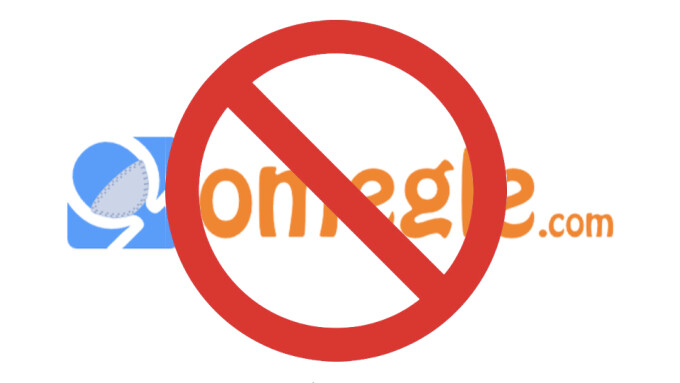Note (12/20/2023): A previous version of this article included a paragraph mentioning Laila Mickelwait. The paragraph has been removed at the request of Mickelwait’s lawyers, who raised objections based on their interpretation of its characterization of her motivation and the scope of her activism.
BROOKLYN, N.Y. — Video chat platform Omegle was shuttered earlier this week, reportedly as part of a settlement in a civil lawsuit brought on behalf of a woman who met an alleged abuser through the service when she was a minor.
Brooklyn-based attorney Carrie Goldberg told tech news site 404 Media that Omegle owner Leif K-Brooks had closed down the site as a condition of a Nov. 2 settlement with her client. The case was dismissed at that time.
During the legal proceedings arising from the suit, a judge ruled that Section 230 did not shield Omegle because the alleged harms came not from the content but from the very design of the service, which prioritized anonymity and randomness.
K-Brooks launched Omegle in 2009 as an anonymous live chat site. Earlier this week, he posted a message on the site before taking it down, stating, “Virtually every tool can be used for good or for evil, and that is especially true of communication tools, due to their innate flexibility. The telephone can be used to wish your grandmother ‘happy birthday’, but it can also be used to call in a bomb threat. There can be no honest accounting of Omegle without acknowledging that some people misused it, including to commit unspeakably heinous crimes.”
Referring to the Section 230 clause offering protection from liability in exchange for reasonable moderation, K- Brooks added, “I believe in a responsibility to be a ‘good Samaritan’, and to implement reasonable measures to fight crime and other misuse. That is exactly what Omegle did. In addition to the basic safety feature of anonymity, there was a great deal of moderation behind the scenes, including state-of-the-art AI operating in concert with a wonderful team of human moderators. Omegle punched above its weight in content moderation, and I’m proud of what we accomplished.”
The anonymous plaintiff, only identified by the initials A.M., filed a lawsuit in 2021, alleging that when she was 11 years old, she was randomly paired with an adult man who then “manipulated her into masturbating and urinating on camera in front of him over the course of three years,” 404 Media reported.
That man was later arrested by authorities, along with his stash of CSAM, which included pictures of A.M.
“This isn’t fucking free speech, you know, introducing strangers for the free exchange of ideas,” Goldberg said in a 2022 interview.






